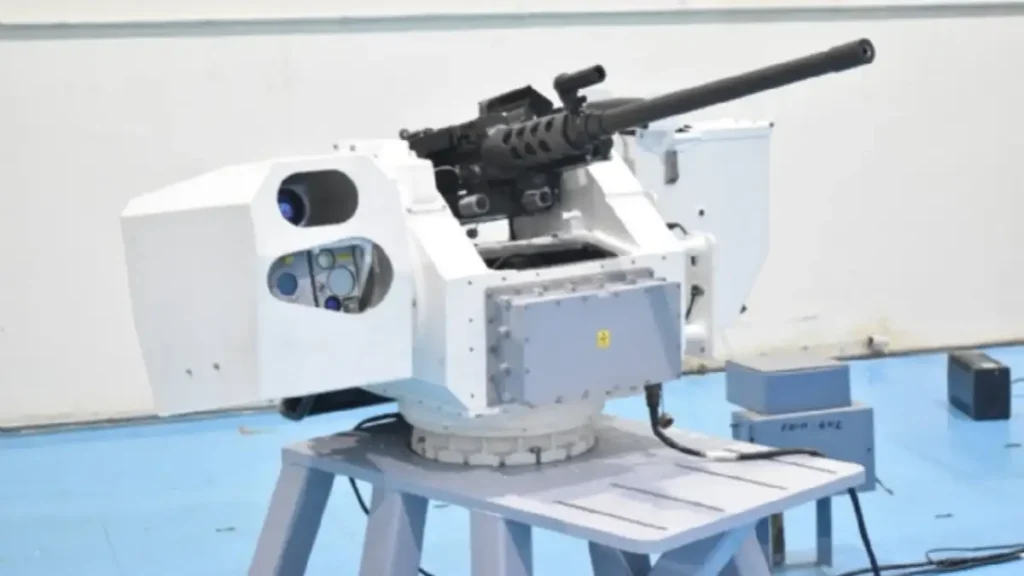The escalating Israel-Iran conflict, particularly intensified in 2025, could significantly shape global AI technology investing and software product development over the next decade. Below is an analysis of potential impacts, drawing on the provided context and broader geopolitical and technological trends.
AI Technology Investing
Increased Investment in Defense AI
Driver: The conflict has accelerated the use of AI in military applications, with Israel leveraging U.S.-made AI models (e.g., via Microsoft’s Azure and OpenAI) for intelligence, targeting, and surveillance. Iran, though less advanced, is likely to invest in AI for cyberwarfare and defense.
Impact: Globally, defense budgets will likely prioritize AI, driving investments in autonomous systems, predictive analytics, and cyber-AI. Countries like the U.S., China, and NATO members may increase funding for AI-driven military tech, boosting companies like Palantir, Microsoft, and startups in Israel’s “AI factory.”
10-Year Outlook: Expect a surge in venture capital and government funding for defense-focused AI firms, particularly in Israel (a leader in AI innovation) and the U.S. However, ethical concerns about AI in warfare could lead to stricter regulations, potentially diverting some investments to dual-use (civilian-military) AI applications.

Geopolitical Risk and Market Volatility:
Driver: The conflict has already caused market disruptions, with oil price spikes and equity market dips in June 2025. Tech-heavy indices like the Nasdaq may face volatility due to Israel’s role in chip R&D and AI hardware.
Impact: Investors may adopt a cautious approach, favoring established tech giants (e.g., Microsoft, Google) over speculative AI startups. Supply chain disruptions, especially if the Strait of Hormuz is affected, could raise costs for AI hardware production, impacting investment decisions.
10-Year Outlook: Prolonged tensions could shift AI investments toward regions perceived as geopolitically stable (e.g., U.S., EU, Singapore). Israel’s AI ecosystem may still attract funding due to its innovation edge but could face higher risk premiums.
Cybersecurity AI Boom
- AI Boom reasons
- Driver: The Israel-Iran cyberwar, marked by Israel’s Operation Rising Lion and Iran’s retaliatory cyberattacks, underscores AI’s role in defending critical infrastructure.
- Impact: Global demand for AI-driven cybersecurity solutions will rise, benefiting firms specializing in threat detection, response automation, and resilience. Israel’s Unit 8200 alumni, who often found cybersecurity startups, will be key players.
- 10-Year Outlook: Cybersecurity AI will see sustained investment growth, with applications expanding beyond defense to finance, healthcare, and smart cities. However, Iran’s cyber capabilities could challenge investor confidence in unprotected markets.
WAR & BUSINESS UNCOVERED
Israel’s use of AI tools like Lavender and The Gospel for targeting, and its integration of AI in drones and surveillance, sets a precedent for military software development.

Software Product Development
Accelerated Development of Military AI Software:
- Driver: Israel’s use of AI tools like Lavender and The Gospel for targeting, and its integration of AI in drones and surveillance, sets a precedent for military software development.
- Impact: Software firms will prioritize products for real-time intelligence, autonomous decision-making, and human-AI collaboration. U.S. tech giants (Microsoft, Google, Amazon) and Israeli startups (e.g., XTEND) will lead, but ethical concerns may prompt calls for transparency and human oversight.
- 10-Year Outlook: Military AI software will evolve toward greater autonomy, with “human-in-the-loop” systems mandated in many jurisdictions. Dual-use software (e.g., surveillance tech for civilian and military purposes) will proliferate, but export controls may limit global adoption.
Ethical and Regulatory Challenges:
- Driver: The use of AI in Gaza has raised human rights concerns, with reports of civilian casualties linked to flawed algorithms and biased data.
- Impact: Software development will face increased scrutiny, requiring robust testing for bias, accuracy, and compliance with international humanitarian law. Companies like OpenAI, which relaxed military use restrictions, may need to balance innovation with ethical guidelines.
- 10-Year Outlook: Global AI governance frameworks, like the EU’s AI Act, will shape software development, mandating transparency and accountability. Developers may pivot toward “ethical AI” solutions, but compliance costs could slow innovation in smaller markets.

Regional Innovation Dynamics:
Driver: Israel’s AI ecosystem, bolstered by Unit 8200 and reservists from tech giants, contrasts with Iran’s limited AI capacity. Saudi Arabia’s AI policy leadership could foster regional collaboration with Israel, post-conflict.
Impact: Israel will remain a hub for cutting-edge AI software, particularly in defense and cybersecurity. Iran may focus on low-cost, asymmetric AI tools (e.g., hacktivist platforms). Saudi Arabia’s investments could bridge gaps, fostering joint ventures.
10-Year Outlook: Israel’s software industry will drive global standards in defense AI, while Saudi Arabia emerges as a partner in civilian AI applications. Iran’s isolation may limit its software exports, but state-backed cyber tools could pose risks.

Global Implications
Economic Impact: The conflict’s economic fallout, including oil price volatility and trade route disruptions, could constrain AI R&D budgets in energy-dependent economies. However, defense spending will offset this in major powers.
Talent and Innovation: Israel’s AI talent pool will remain a global asset, but brain drain risks could emerge if conflict persists. Iran’s sanctions may stifle its AI workforce, pushing talent to emigrate.
Ethical AI Debate: The war’s AI-driven casualties will intensify calls for global regulation, potentially fragmenting software markets into “ethical” and “unregulated” zones.
Cybersecurity Focus: The cyberwar dimension will make AI-driven security software a priority, reshaping product roadmaps across industries.

Future projections – approximately $200 billion Ai investment in FY2025.
Global investment in artificial intelligence (AI) for 2025 is projected to reach approximately $200 billion, according to Goldman Sachs Economics Research. This figure includes both private and corporate investments across various sectors, with the U.S. alone expected to contribute around $100 billion. These estimates are driven by the rapid adoption of generative AI and increasing corporate interest, as evidenced by over 16% of Russell 3000 companies mentioning AI in earnings calls by 2023, a trend that has continued to grow.
Additionally, venture capital (VC) funding for AI companies is expected to remain strong, with a significant portion of global VC investments (over 33%) directed toward AI in 2024, a trend likely to persist into 2025. Major tech companies like Amazon ($104 billion), Microsoft ($85 billion), Alphabet ($75 billion), and Meta ($60–65 billion) are set to drive substantial AI infrastructure investments, further boosting the total capital flow.

Regarding the impact of the Israel-Iran conflict on AI investment, geopolitical instability could introduce volatility, particularly affecting Israel’s robust AI ecosystem, which is a global leader in defense and cybersecurity AI. However, the conflict is likely to increase demand for military AI applications, potentially diverting capital toward defense-focused AI in Israel and allied nations like the U.S. This could offset any regional investment slowdown, maintaining or even accelerating global AI investment, especially in cybersecurity and autonomous systems.
Conclusion
Over the next decade, the Israel-Iran conflict will likely accelerate AI investment in defense and cybersecurity, with Israel and the U.S. leading innovation. Software development will prioritize military and dual-use applications, but ethical concerns and regulations will challenge progress. Global markets may face volatility, but stable regions will attract disproportionate funding. Israel’s AI ecosystem will thrive, potentially in collaboration with Saudi Arabia, while Iran’s progress will be constrained by sanctions and isolation. The conflict underscores AI’s dual role as a force multiplier and a humanitarian risk, shaping its global trajectory.

Comments